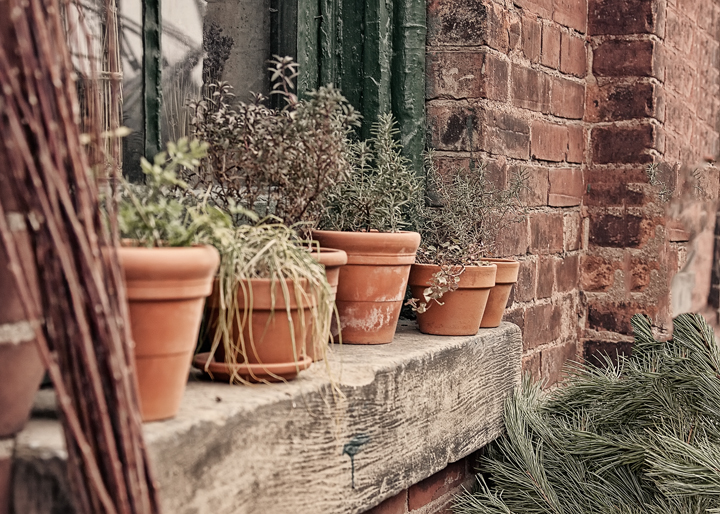
Help your plants recover from the harsh sun
Sunlight is an essential element for any plant. That said, for many plants, there is such a thing as too much sun. Even if you don’t believe it to be all that hot, the rays of the sun become that much more concentrated as they penetrate the glass of a window and your plant remains stationary for the entire day. If you believe that your plant is suffering the effects of the sun, you can treat the problem in several ways.
Firstly, if your plant is located in the direct sun, you should move it to a more suitable spot. Potted plants can be moved around as you please but garden plants will need to be planted with care since you don’t want to have to move them every few months.
Even if the plant is enjoying a shady environment, you should still remember to water regularly. Water is absorbed by the plant and some of it evaporates too. You need to make sure that your plant has enough water and nutrients in order to survive and flourish. Garden plants will need daily watering – preferably in the morning or late in the evening. If your plants enjoy a humid environment, then place the pot on top of a humidity tray. You can make one yourself by placing some small stones in a tray and adding water. Rest the pot on top of this tray. The soil won’t absorb the water but, instead, it will evaporate and increase the humidity surrounding the plant.
After watering, you should trim the dead foliage so that the plant can focus its energy on growing rather than wasting energy on those dead bits. You should also mulch your garden to decrease water loss. Remember that you should never spray your plants with water while they are exposed to full sunlight. The water drops on the plant act as a kind of magnifier and this increases the rate of burning.
If you are ever in doubt about where you should display a house plant, remember that you can always ask your local florist, nursery, or even run a search online. There are plenty of resources out there to help you keep your plants happy and healthy.
